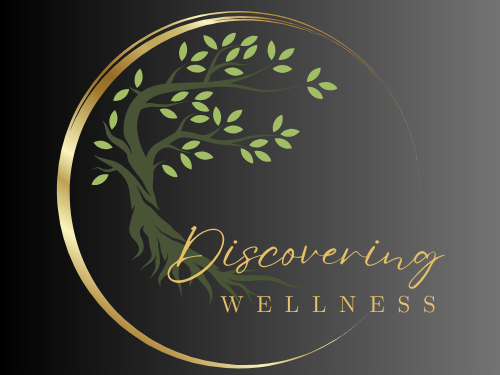
In today’s fast-paced world, where convenience often takes precedence over health, it’s easy to fall into the trap of seeking quick fixes for our nutritional needs. Dietary supplements have become increasingly popular as a means to bridge the gap between what we should eat and what we actually consume. While they can indeed play a valuable role in addressing specific deficiencies, over-reliance on supplements as a substitute for a balanced diet can have detrimental effects on our health in the long run.
Let’s delve into the reasons why excessive dependence on supplements may not be the best approach to achieving optimal nutrition.
The Dangers of Excess
One of the most significant risks associated with overconsumption of supplements is the potential for toxicity. While vitamins and minerals are essential for our well-being, consuming them in excessive amounts can lead to adverse health effects. For instance, taking high doses of certain vitamins like Vitamin A, D, E, and K, as well as minerals such as iron and calcium, can result in toxicity symptoms ranging from nausea and vomiting to organ damage.
Missing the Big Picture
While supplements may provide isolated nutrients, they often lack the synergistic benefits found in whole foods. Nutrients in whole foods work together in complex ways, enhancing absorption and utilization within the body. For example, consuming iron-rich foods alongside sources of Vitamin C can significantly boost iron absorption. By solely relying on supplements, we miss out on these natural interactions, which are crucial for overall health and well-being.
Nutrient Quality Matters
It’s essential to recognize that not all supplements are created equal. The quality and bioavailability of nutrients can vary widely among different brands and formulations. Moreover, synthetic vitamins and minerals found in supplements may not be as readily absorbed or utilized by the body compared to their natural counterparts found in whole foods. Therefore, relying solely on supplements may not provide the same nutritional benefits as a diverse and balanced diet rich in whole foods.
Lifestyle and Dietary Factors
Our dietary needs are not static and can vary based on factors such as age, sex, activity level, and underlying health conditions. While supplements can help address specific deficiencies, they should complement rather than replace a healthy and varied diet. Additionally, lifestyle factors such as stress, sleep quality, and exercise habits also play a significant role in overall health and may not be adequately addressed through supplementation alone.
The Importance of Balance
Achieving optimal nutrition is not about popping pills or relying on isolated nutrients; it’s about embracing a holistic approach that prioritizes whole, nutrient-dense foods. A balanced diet rich in fruits, vegetables, whole grains, lean proteins, and healthy fats provides the foundation for good health. While supplements can serve as a supportive tool, they should be used judiciously and under the guidance of a healthcare professional to address specific needs or deficiencies.
Practical Tips for Nutritional Wellness
- Prioritize whole foods: Aim to fill your plate with a colorful variety of fruits, vegetables, whole grains, and lean proteins.
- Be mindful of portion sizes: Overconsumption of even healthy foods can lead to imbalances in nutrient intake.
- Consider supplementation selectively: Consult with a healthcare provider or registered dietitian to determine if you have specific nutrient deficiencies that warrant supplementation.
- Practice moderation: Avoid excessive consumption of supplements, as more is not always better and can even be harmful.
- Listen to your body: Pay attention to how different foods make you feel and adjust your diet accordingly to support your overall well-being.
Conclusion
While dietary supplements can be valuable in certain circumstances, they should not serve as a substitute for a balanced diet rich in whole foods. Over-reliance on supplements can lead to nutrient imbalances, toxicity, and a missed opportunity to benefit from the synergistic interactions found in natural foods. By prioritizing a diverse and nutrient-dense diet, along with mindful supplementation when necessary, we can achieve optimal nutritional health and vitality for the long term. Remember, balance is key.



